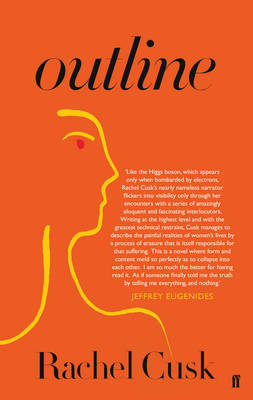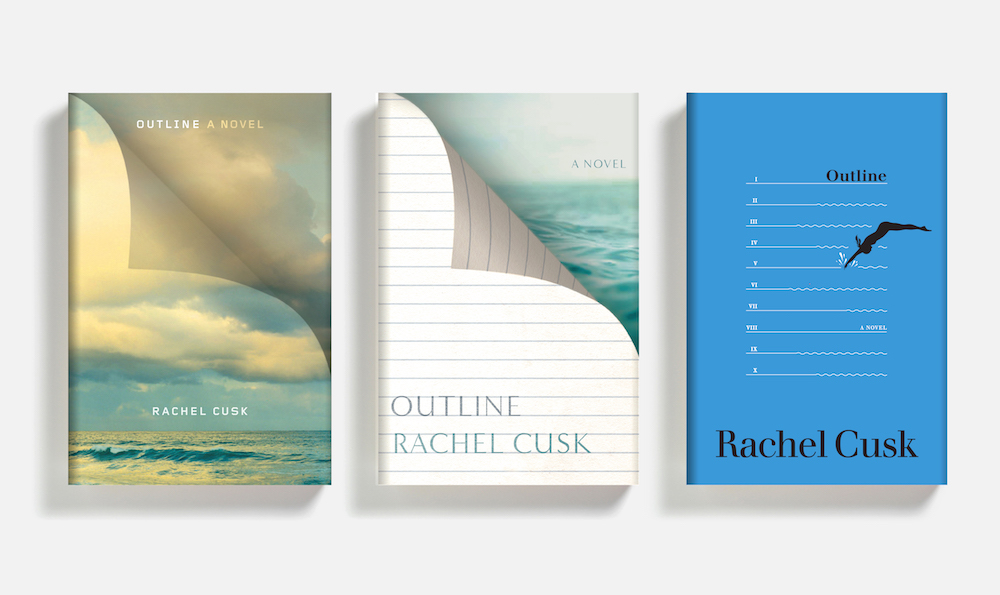

You suspect that even from the other side of the frame she is noticing you, and people who notice are inconvenient, if not uncivilised. This is the sort of education that can unfit you afterwards for normal conversation, that can make the suburbs seem beyond your power of understanding as you drive home past them from the locked-in place. She is without question one of our most important living writers.T he observation that some people do not like Rachel Cusk is so omnipresent in criticism of her work that it’s surprising no one’s ever led off a review with ‘I, too, dislike her.’ These observations are generally accompanied by photos or illustrations of her in which she looks at you both directly and flinchingly, almost always with a strand of hair in the centre of her forehead, with a smile somewhat like Edna O’Brien’s – another writer who seemed to rouse hatred for her disarranged hair as much as for her books, another writer who went to convent school. In this conclusion to her groundbreaking trilogy, Cusk unflinchingly explores the nature of family and art, justice and love, and the ultimate value of suffering. She begins to identify among the people she meets a tension between truth and representation, a fissure that accrues great dramatic force as Kudos reaches a profound and beautiful climax.


Within the rituals of literary culture, Faye finds the human story in disarray amid differing attitudes toward the public performance of the creative persona. Rachel Cusk, the award-winning and critically acclaimed author of Outline and Transit, completes the transcendent literary trilogy with Kudos, a novel of unsettling power.Ī woman writer visits a Europe in flux, where questions of personal and political identity are rising to the surface and the trauma of change is opening up new possibilities of loss and renewal. New York Times 100 Notable Books of 2018


 0 kommentar(er)
0 kommentar(er)
